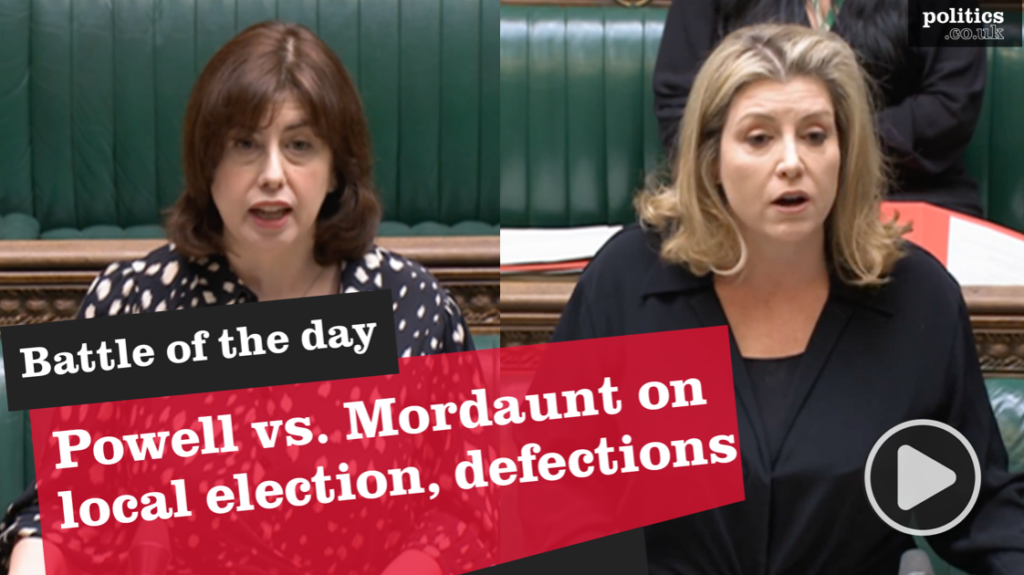Banned imported American candy with huge child appeal and worrying side effects floods the UK
The Chartered Trading Standards Institute (CTSI) has issued a serious warning to parents this Christmas around unauthorised ingredients contained in imported American sweets and fizzy drinks with known links to hyperactivity and cancer in children that are readily accessible across UK highstreets.
American Candy has grown in popularity over the last few years due to its promotion on social media channels. London alone has seen stores pop up in their hundreds across it’s highstreets. Smaller convenience stores across the UK are stocking these popular items on their shelves, and with an estimated 50,000 convenience stores this is a national concern.
Some imported products like American confectionery weren’t designed to be sold here, and they might contain additives that aren’t authorised to be sold in the UK. Consumers that buy them could be at risk from a lack of allergy labelling, or the inclusion of ingredients that don’t meet our high UK food safety standards.
This warning comes following a number of incidents and intelligence received by the Food Standards Agency, and a pilot project they funded that was conducted by Staffordshire County Council’s Trading Standards team, which seized 3378 items with a street value of £8500 from local shops.
A number of confectionary items imported from America, were seized, because they were not manufactured for the UK market as they contain unauthorised ingredients. These included:
- Mountain Dew canned and bottled drinks of many varieties
- Marinda
- Sunny D
- Swedish Fish
- Dubble Bubble
- Jolly Rancher gummies and hard candy
- Hot Tamales
- Twizzlers
- Lemonhead
The American imported items that have been seized contained the following unauthorised additives not manufactured for the UK market:
- Brominated Vegetable oil (BVO)
- E127, Erythrosine (shown on US products as Red 3) – this is allowed in cocktail cherries, but not in sweets
- Mineral Oil
- Bleached Flour
When the following additives are used, a disclaimer is required to state that these additives can cause hyperactivity in Children:
- Sunset yellow FCF (E110)
- quinoline yellow (E104)
- carmoisine (E122)
- allura red (E129)
- tartrazine (E102) – Yellow 5
- ponceau 4R (E124)
And the following, which are allowed in food but not in drinks:
- Calcium disodium EDTA (E385)
- Erythorbic acid (E315)
There is evidence that E127 or Erythrosine, which is shown on American products as Red 3 can contribute to triggering hyperactive behaviour especially in children and while it’s still allowed in cocktail cherries, it shouldn’t be in sweets.
Mineral oil carries the risk of contamination with other compounds, which in turn are capable of forming cancers.
Calcium disodium EDTA is allowed in food but not in drinks. In animal studies it’s caused adverse reproductive and developmental effects and in mice has been shown to contribute to cancer of the colon.
Additives are only authorised for use in the UK if they have been tested and proved to be safe for its intended use, in that particular type of food or drink; there is a justifiable technological need to use it; and its use does not mislead the consumer.
CTSI Chief Executive John Herriman said: “The UK prides itself on high food standards but this very much relies on Trading Standards ensuring that what is on sale complies with the law. It’s therefore extremely worrying to learn that as we approach Christmas confectionary that we know will appeal to children is on sale in UK high streets, and that it could be linked to hyperactivity in kids, and even cancer. Trading Standards work extremely hard to protect the public by removing dangerous products from sale, but the popularity of these items is being increased by videos on social media platforms, such as TikTok. The increase in demand means importers are sending these through our ports and borders in the millions, and these are then being widely distributed and ending up in retail stores and in the hands of children.
“We ask that all persons placing these products on the market, including the suppliers and retailers take their responsibilities seriously in this matter and urgently remove items from sale that contain unauthorised ingredients. We also urge parents to be aware. If shop owners are unsure of what items are safe to sell, they should contact their local Trading Standards service for support and advice.”
Victoria Wilson, Cabinet Member responsible for Trading Standards at Staffordshire County Council said: “Making sure imported food being sold in stores around Staffordshire are safe and labelled correctly is an important part of our Trading Standards work.
“It’s quite worrying to see so many products on sale that shouldn’t be, many of which contain unauthorised ingredients and are targeted at children.
“While the majority of foods are safe and most stores operate within the law, it is important that imported food is accurately labelled in English with the allergens declared. We are seeing more and more illegal items being sold on social media websites and marketplaces, including counterfeit foods. This has become even more prevalent as we approach Christmas and our message to shoppers is to always check product labels carefully before buying.”
When consumers are checking whether the goods for sale are American imports or not the easiest way is to look at how the weight is recorded. In the UK we use grams and millilitres and in America it is fluid ounce and ounce. If the labelling shows American weights it is an import and the food labelling needs to be compliant with UK laws, with no unauthorised ingredients in the produce.










